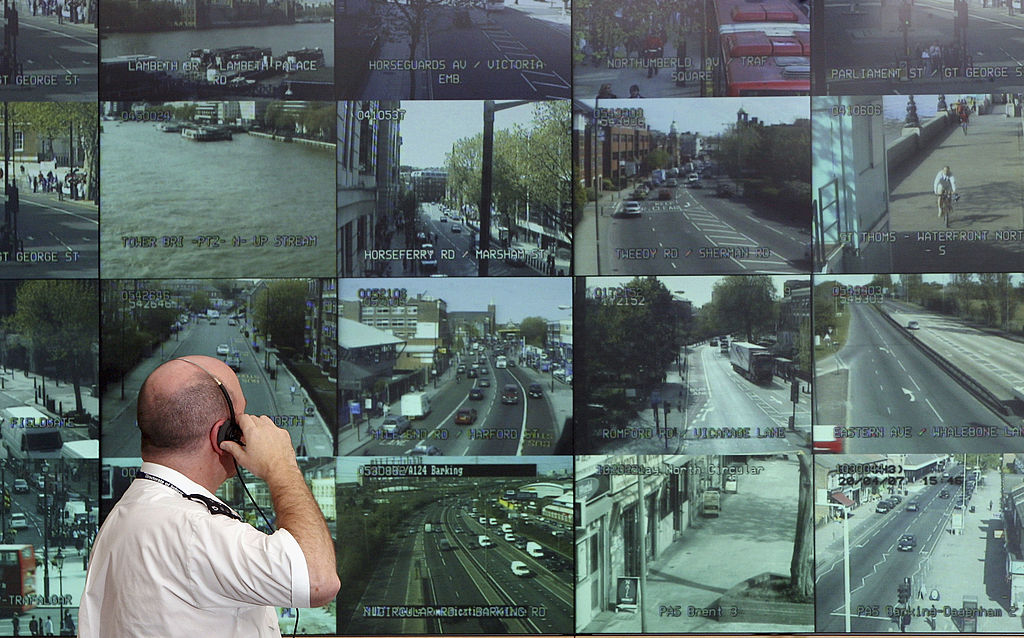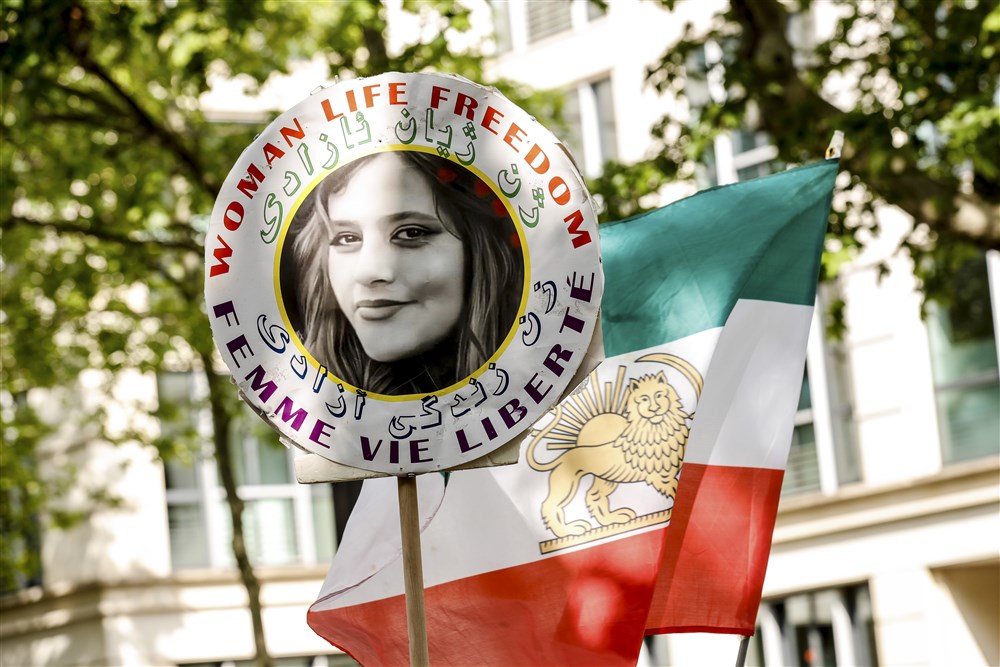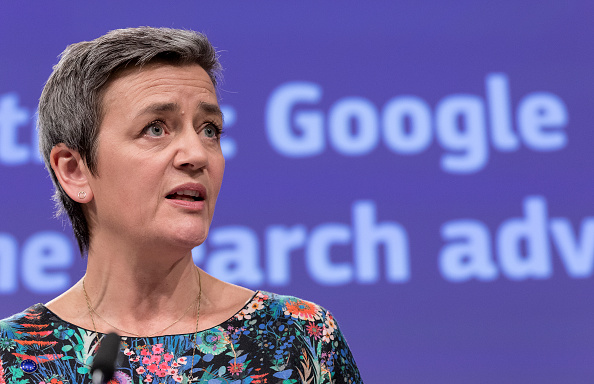There was a time, not too long ago, when New Europe seemed set to become a coherent force in continental affairs. These post-2004 members of the EU – Central East European (CEE) countries, from the Czech Republic and Poland to Romania and Bulgaria, formerly imprisoned behind the Iron Curtain – are naturally aligned on deep cultural identity issues, from their traumatic experience of the Communist yoke to generally conservative attitudes to religion, society or nationalism.
In 2014-2019 these states were also beginning to align strongly on European politics in reaction to the convulsions of that period. Those were the years of the Maidan and Crimea, terrorist attacks and the migration crisis, of Brexit and Trump, Juncker and Merkel. The so-called “populist wave” was raising a major challenge to EU integration – only for the Eurocrat establishment to double down on “more Europe”. Dissenters, such as those countries comprising the Visegrad group, were mostly stigmatised in Western capitals either for their alleged corruption or for their “illiberal” populist governments.
But they were also increasingly feared for their potential – one day – to force the Union down the path of a Europe of Nations rather than a federal superstate. Already by 2017 the “East-West” divide was a stark reality and the subject of studies and books, like Ivan Krastev’s After Europe. In 2019, Politico columns were mourning the “EU’s East-West divide that didn’t have to be”, while the Wall Street Journal was observing that “politically the former blocs are drifting apart again 30 years after the Berlin Wall fell”.
New Europe had acquired significant influence within the EU. The robust stance taken by Warsaw and Budapest in particular towards Brussels was, apart from everything else, a measure of how much CEE countries had emancipated themselves from the “tutelage” of the West to which they had once so desperately aspired.
In that moment, before Covid, it was possible to imagine a future CEE bloc as a new locus of power in Europe – particularly with help from Trump’s America, which had already invested significant political capital in the Three Seas Initiative (3SI) from 2017 onwards, and significant military resources across Eastern Europe. If a politically-coherent New Europe ever came together, it could have become a true counter-balancing force against the traditional Franco-German “engine” of the EU and of Eurofederalism.
History, however, had other plans. In early 2020 Covid swiftly cut New Europe’s political momentum while the economic devastation caused by lockdowns made these countries particularly dependent on the EU’s €800 billion European Recovery Fund, thus increasing Brussels’ leverage.
Then, since February 2022 Russia’s war on Ukraine has knocked New Europe off-course on two levels. Firstly, it caused a major political rift at the heart of the eastern “bloc” between Poland, the earnest supporter of Ukraine, and Hungary, with its criticisms of Kyiv and ambivalence towards Moscow. Although Poland and Hungary still collaborate on shared interests within the EU, damage that will be extremely difficult to rectify has been done to their relationship, and therefore to Visegrad’s political potency.
Secondly, the wider Euro-Atlantic politics around the war have seemingly confused strategic thinking across CEE. Early on, Easterners were furious with Paris and Berlin’s restrained attitude. Now that Germany has declared its Zeitenwende and allowed Ukraine to have Leopards, and that President Macron has changed his tune and apologised to east Europeans in Bratislava, the scene is set for CEE coming back into Western Europe’s fold in the name of European security.
The latest indication in this regard is the recent op-ed penned by nine EU foreign ministers calling for qualified majority voting on EU foreign and security policy. Anyone putting such a fundamental aspect of national sovereignty on sale, politically, would be bad enough. The fact that two of the signatories are the foreign ministers of Romania and Slovenia, two rather important CEE and 3SI countries, is both pathetic and dispiriting for New Europe’s strategic future.
New political frameworks are also contributing to the confusion. At its recent summit – only its second ever, held in Moldova – the European Political Community (EPC) gathered 47 leaders from across the continent. It is unclear what this French invention is meant to achieve in practice, but one effect will be to further dilute into a wider forum what’s left of the hard geopolitical substance of New Europe.
Europe’s geopolitics are in motion again. The EU’s weaknesses and policy follies have now been exposed by the war like never before. This is opening up a new opportunity for a much-needed fundamental reconsideration of the integrationist project – for a European reset. If they rediscover their former political ethos and focus, New Europe countries – currently absorbed by events in Ukraine – could emerge on the other side of this war as a major power bloc. And if they care about their future independence and prosperity, they might not have a choice.
Gabriel Elefteriu is deputy director at the Council on Geostrategy in London






Prepare for a long war: With no end in sight the Ukraine war is a generational struggle